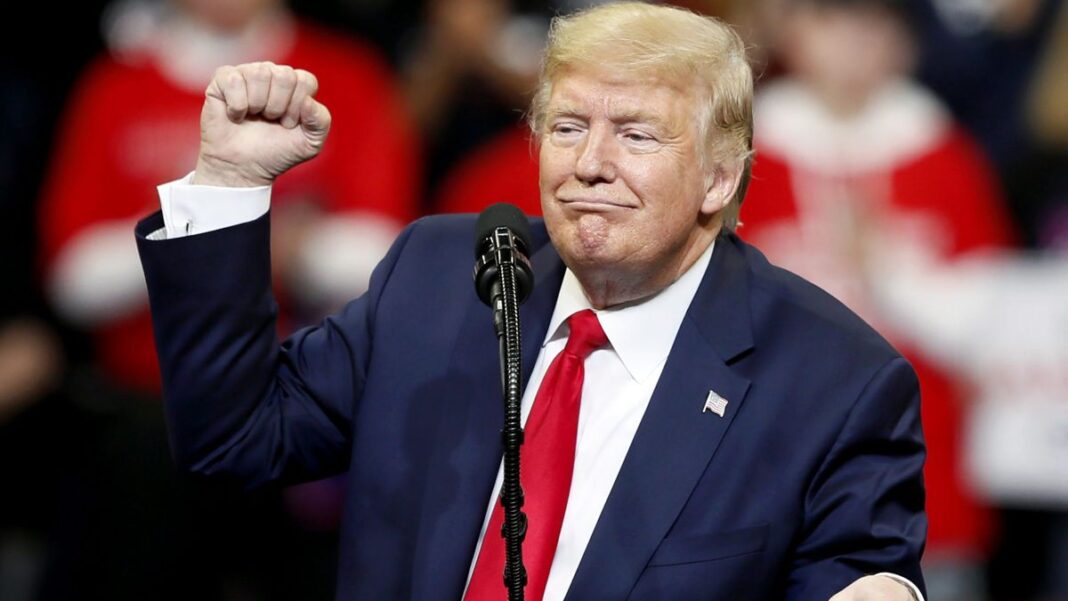The raid of Trump’s home is the latest illustration of Merrick Garland’s dangerous paradigm
The confident predictions of Donald Trump’s sartorial refitting from blue custom suits to orange jumpsuits are, as always, premature and overwrought.
Hysteria is what members of the liberal media do best. Furious assumptions and wanton speculation are their specialties. They are terminally allergic to the meaning and nuance of laws. Facts are trifling matters that tend to impede their favored narrative.
But in the interest of truth and accuracy, let’s explore a few salient facts and relevant laws that the mainstream press would never bother to consider in their zeal to convict the former president of something—anything.
To prove a case that Trump stole government records—including allegedly classified documents—prosecutors would first have to establish that he misappropriated the material deliberately.
Indeed, all three of the federal statutes cited in the Justice Department’s probable cause search warrant that led to the pre-dawn raid by the FBI on Trump’s Florida residence and office require that a person act “willfully” (18 USC 2071) or “knowingly” (18 USC 1519) or “intentionally” (18 USC 793).
These analogous terms mean exactly what they say. They describe the subjective state of mind or mental objective behind an individual’s actions. To prevail, Attorney General Merrick Garland and his lawyers would have to show actual knowledge by Trump of wrongdoing and that he intended to break the law.
So, for example, if Trump wanted to keep records that he thought belonged to him—even if his belief was mistaken—the statutes don’t necessarily apply. If he relied on staffers and lawyers to audit and inspect reams of documents shipped in boxes to Mar-a-Lago in Palm Beach, he cannot be held vicariously culpable for the errors made by others.
The above-referenced federal codes identified in the controversial warrant are not “strict liability crimes” where intent or mental state are irrelevant. Just the opposite is true, as the language of the statutes plainly state. This renders any potential case against Trump problematic, if not anemic.







